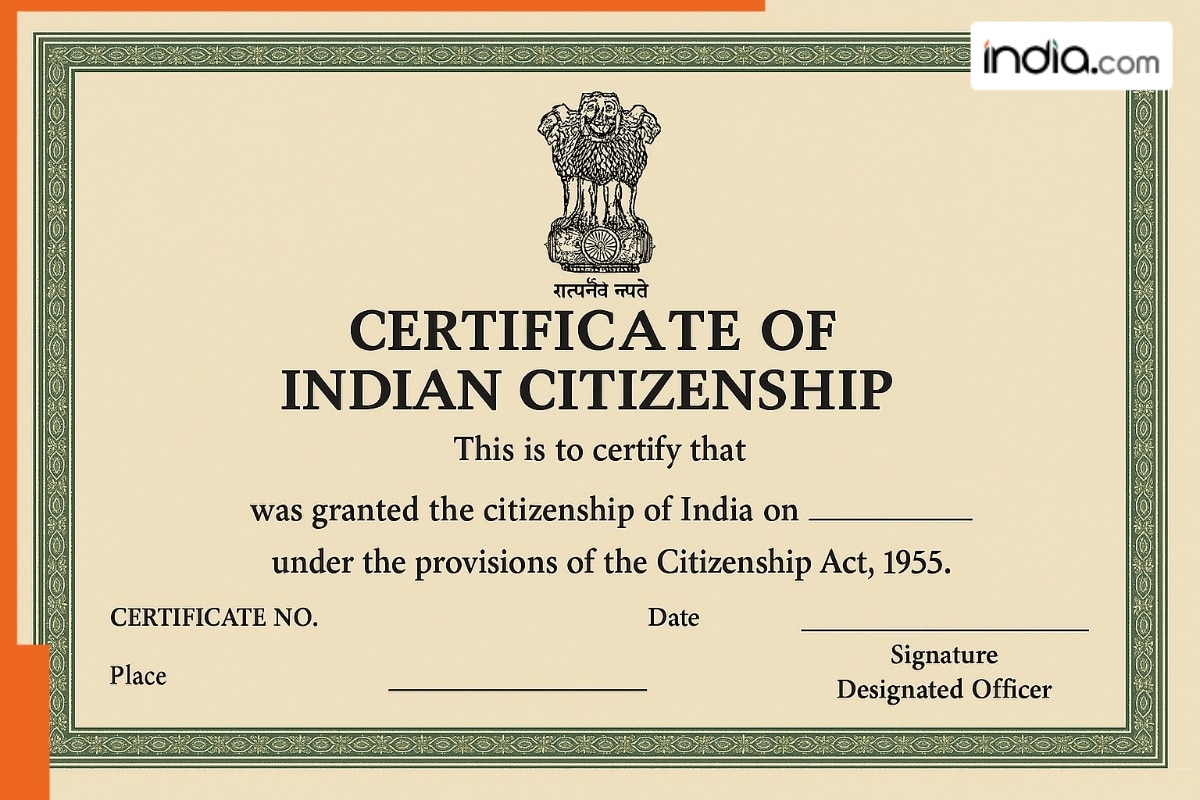
Election Commission's Constitutional Power to Demand Citizenship Proof in India
The Election Commission of India (ECI) possesses constitutional power to verify voter eligibility, particularly concerning Indian citizenship. This authority is rooted in Article 324 of the Constitution, which grants the ECI supervision, control, and management of elections across national and state levels.
Recently, the ECI has reaffirmed its authority to request proof of citizenship during electoral roll revisions. This includes initiatives like the Special Intensive Revision (SIR) conducted in Bihar. The ECI emphasizes that valid proof of citizenship is essential to ensure accurate voter registration and maintenance of electoral rolls.
By exercising this constitutional power, the ECI plays a significant role in scrutinizing an individual's citizenship status. This verification is crucial as the Constitution mandates that only citizens of India are eligible to vote, as outlined in Article 326. The ECI's efforts aimed at verifying citizenship uphold the integrity of the electoral process and prevent discrepancies in voter lists.
The rationale behind this constitutional mandate is clear: ensuring that only eligible citizens participate in elections strengthens the democratic framework of the country. The ECI's insistence on demanding citizenship proof is a reflection of its commitment to preserving democracy and fair electoral practices in India.
In summary, the ECI’s constitutional power to demand citizenship proof is vital for maintaining eligibility standards in elections. This authority not only reinforces the integrity of the voting process but also signifies the importance of citizen verification in supporting democratic values in India. For more information about the role of the Election Commission of India, visit Election Commission of India.
